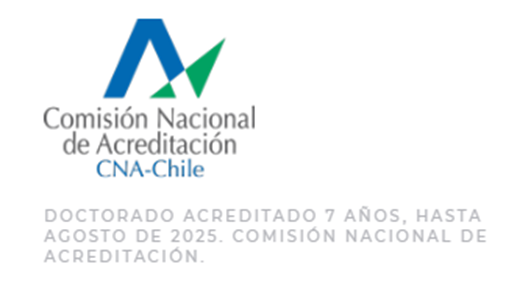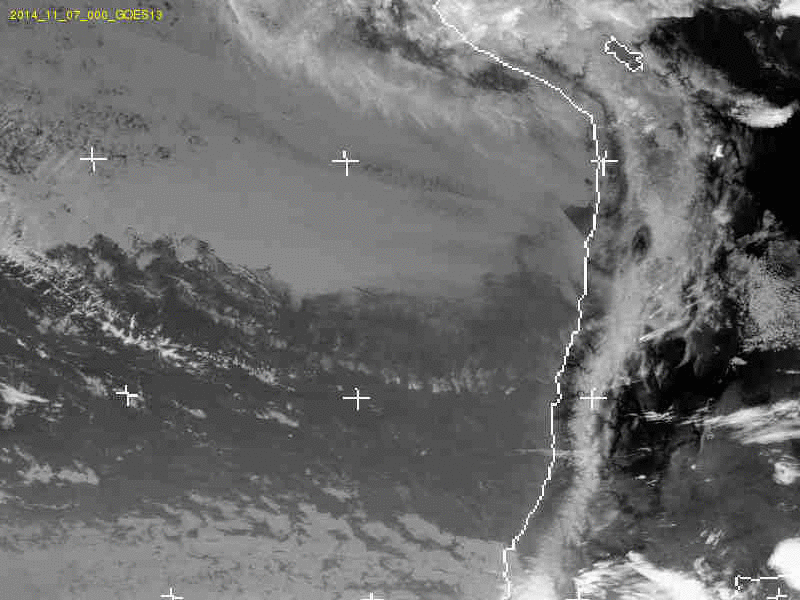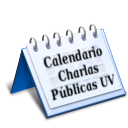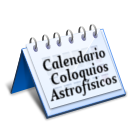The Institute of Physics and Astronomy opened the program of Doctorate in Astrophysics in the year 2013.
Program Information: Schedule Full-time. Duration: 8 semesters/240 credits SCT. Location: Faculty of Sciences, Gran Bretaña 1111, Playa Ancha, Valparaíso. Places: 5
ADMISSION PROCESS 2018 (in Spanish)
Application Requirements
The Doctoral Program in Astrophysics is open to those that have obtained an academic degree (Bachelors or Masters), in disciplines such as Astronomy, Physics, Mathematics, or similar. Applicants that have obtained degrees from countries outside Chile must present documents certified and authorised by the appropriate authorities.
Send the following documentation to Sergio Balbontín, coordinator of postgraduate applications (This email address is being protected from spambots. You need JavaScript enabled to view it.) with copies to Dr. Eduardo Ibar (This email address is being protected from spambots. You need JavaScript enabled to view it.), Director of the Postgraduate Program in Astrophysics.
- Motivation letter explaining why you wish to apply to the program.
- Up-to-date curriculum vitae.
- Certified copy of your degree, and your transcript of grades.
- Copy of your ID card or passport.
- 2 recommendation letters.
In addition, please fill out this form with your full information.
Overview of the Doctoral Program in Astrophysics
Chile is equipped with a world-class infrastructure of telescopes and astronomical instrumentation. For all present and future astronomical facilities, astronomers that work in Chilean institutions have access to 10% of guaranteed observation time. This ensures that Chile has the possibility of becoming a leading country in scientific research in the field of astronomy. Furthermore, this implies that our country has unique opportunities for development in this area, which positively impacts employment prospects, increasing the demand for specialised personnel. The goal of the doctoral program in Astrophysics is to contribute to the education of new scientists capable of producing and transferring knowledge in this field. Current students of our Masters program in Astrophysics, as well as students of other Masters programs, will have the opportunity to be guided in their doctoral studies by an academic group of scientific excellence, characterised by high indexes of scientific productivity, as well as being able to take advantage of strategic alliances with national and international institutions that enable student mobility during their doctoral studies.
General Objective of the Doctorate
To train high level researchers with a wide knowledge of Astrophysics.
Specific Objectives
- The formation of the human resource necessary to perform scientific research in Astrophysics.
- To place the best graduates of our Licenciatura and/or Magíster en Astrofísica in the field of scientific investigation.
- To offer to national and international students of physics and/or astronomy the opportunity to develop in an environment of strong scientific research.
- To form research groups that gather doctoral students, post-docs and professors.
- To generate collaboration networks with national and international institutions.
Graduate Profile
The Doctoral graduate will be capable of developing research in an independent manner in current areas of astrophysics, as well as being able to interact with other researchers and to use the infrastructure that Chile offers for astronomy. Moreover, it is important to note that the graduate of the program will be possessed of a breadth of knowledge of physics and astronomy. In addition the doctoral student has the opportunity to participate in national and international conferences, allowing for the presentation of their work to the astronomical community and to generate collaborative networks with other scientists. In the case of thesis projects oriented to the area of observations, the graduate can utilise the infrastructure of optical, infrared, millimetre and sub-millimetre telescopes that Chile offers for astronomy.
Research Areas
The areas of research of the program are directly linked to those most developed in the Institute of Physics and Astronomy and are the following:
- Stellar Astrophysics: study of the formation and evolution of stars.
- Galactic Astrophysics: study of the structure and formation theories of the Milky Way.
- Extragalactic Astrophysics: study of the formation and evolution of galaxies.
- Theoretical Astrophysics: theoretical studies of particle physics and cosmology.
Staff
The Institute of Physics and Astronomy of UV, has a strong academic group with Doctorates in Astronomy, Astrophysics or Physics, engaged in state-of-the-art research in their respective areas within the Centre of Astrophysics of Valparaíso (the first research centre in astrophyiscs in the Valparaíso region). These academics are responsible for giving the classes of the Doctoral Program in Astrophysics.
Research staff and their areas of study:
Stellar Astrophysics:
- Amelia Bayo: Substellar objects, Circumstellar disks, astrostatistics, Virtual Observatory.
- Michel Curé: Stellar winds, massive stars, stellar rotation, astrometeorology.
- Johan Olofsson: Planet formation, globular clusters.
- Matthias Schreiber: Proto-planetary disks, binary stars.
- Claus Tappert: Variable stars, interacting binary stars.
- Nikolaus Vogt: Variable stars, cataclysmic binaries, young low-mass stars.
- Maja Vuckovic: Astroseismology, hot sub-dwarf stars, pulsating binaries.
Galactic Astrophysics:
- Jordanka Borissova: Variable stars in star clusters, stellar evolution.
- Radostin Kurtev: Stellar populations, brown dwarfs, infrared astronomy.
Extragalactic Astrophysics:
- Patricia Arévalo: Active galactic nuclei, black hole accretion, galaxy clusters.
- Paolo Cassata: Extragalactic astronomy, formation and evolution of galaxies.
- Eduardo Ibar: Observational cosmology, formation and evolution of galaxies, active galactic nuclei, interferometry in radio and submillimetre.
- Verónica Motta: Cosmology, gravitational lensing, galactic lensing and high-redshift galaxies.
Theoretical Astrophysics:
- Graeme Candlish: Cosmology, gravitation, formation and evolution of galaxies.
- Víctor Cárdenas: Cosmology, dark matter, dark energy, inflation.
- Alfredo Vega: High-energy physics, particle theory.
- José Villanueva: Cosmology, inflation, dark energy, gravitation, modified gravity theories.
Academic Collaborators
- Iván González: High-energy theoretical physics, Feynman diagrams, hypergeometric functions.
- Katrin Noack: Professor of English.
Professional Profile
Upon completion of the curricular requirement, the student will receive the degree of Doctor in Astrophysics. They will have acquired fundamental knowledge in contemporary physics and advanced astronomy. The graduate of this program will be able to be involved in professional scientific investigation in current research themes, in interactions with other researchers and in the future make full scientific use of the existing infrastructure for astronomy in Chile. These collaborations include both observational astrophysicists that generate and execute scientific projects that make direct use of telescopes, and theoretical astrophysicists whose work is the physical-mathematical modelling of observed phenomena.
Employment Prospects
The program provides the competences necessary for the student to successfully incorporate themselves at the national and international level in this field of employment, which involves working in Universities and institutions of higher education, astronomical observatories, radio observatories, Institutes and Research Centres, software development enterprises, scientific instrumentation developers, state and private enterprises, consultancies, scientific and astronomical tourism organisations.
NEWS AND DATES OF INTEREST:
October 23, 2017: Deadline for applying
DOCUMENTS
Doctorate Curriculum (in Spanish): download as pdf
Regulations of the Doctoral Program from 2014 (in Spanish): download as pdf
Regulations of the Doctoral Program from 2018 (current regulations, in Spanish): download as pdf
LINKS OF INTEREST
Dates: click here for application dates, matriculation information, fees, vacancies, etc.
Induction 2018: under construction!






